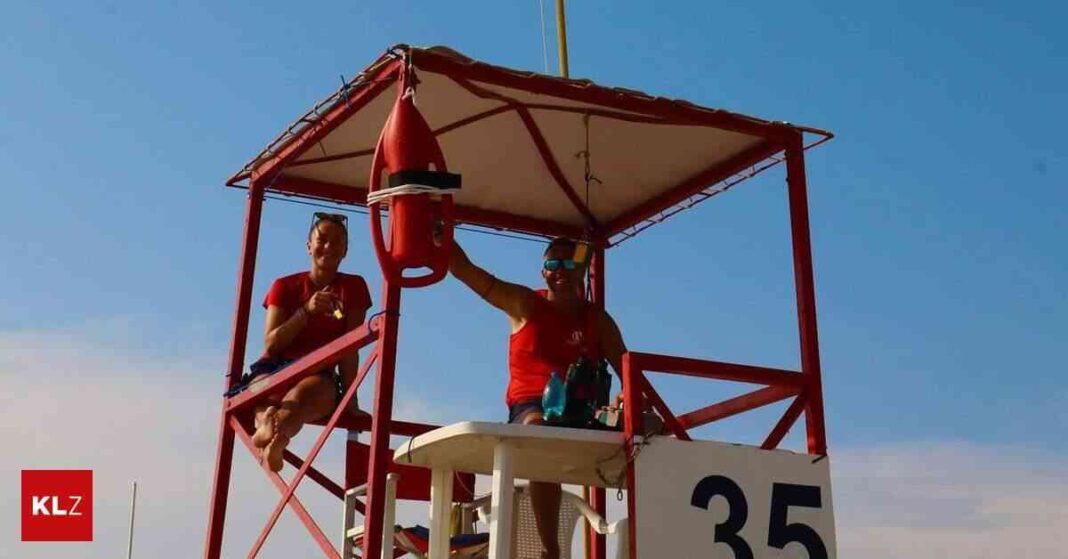Controversy Surrounding Lifeguard’s Punishment for Saving Tourist
A lifeguard in Northern Italy is facing backlash for being fined after rescuing a 70-year-old tourist from drowning in the sea. The incident occurred in early September in Cavallino-Treporti when the 44-year-old lifeguard sprang into action to save the woman’s life. Despite successfully reviving the tourist, the lifeguard was later informed that he would have to pay a fine of 1032 euros for not immediately notifying the port authorities about the rescue.
The family of the rescued tourist, who hails from Slovakia, is shocked by the punishment. The daughter of the vacationer, who is proficient in Italian, has expressed her willingness to cover the fine on behalf of the lifeguard. She emphasized the importance of valuing human life above bureaucratic protocols and expressed gratitude for the swift actions of the lifeguard that saved her mother’s life. The daughter’s letter to the camping site operators where her mother was staying highlighted the necessity of ensuring that rescuers feel supported and empowered to act promptly in emergency situations to prevent tragedies.
Public Outcry and Political Response
The incident has sparked public outcry, with several politicians voicing their support for the lifeguard and questioning the validity of the fine. Efforts are being made to review the case and potentially dismiss the penalty. However, the neighboring port authorities in Jesolo have taken a stricter stance, emphasizing the importance of following established protocols to ensure the timely activation of rescue operations. They pointed out that timely reporting of emergencies can be critical in preventing fatalities, especially in coastal areas where drowning incidents are not uncommon.
Impact on the Lifeguard and Future of Beach Safety
The lifeguard, who was previously recognized for saving a life in 2021, has expressed his disillusionment with the situation and stated his intention to quit his job next year. His experience has raised concerns about the challenges faced by lifeguards and emergency responders in balancing protocol adherence with the urgency of saving lives. The incident has also prompted discussions about the need for clearer guidelines and support systems for frontline responders to ensure effective and efficient emergency responses.
As the debate surrounding the lifeguard’s punishment continues, it serves as a reminder of the complexities involved in emergency situations and the importance of prioritizing human life above all else. Finding a balance between following procedures and acting swiftly in life-threatening scenarios is crucial to ensuring the safety and well-being of individuals in distress. It is hoped that this incident will lead to a reevaluation of existing protocols and a greater emphasis on supporting and empowering those who are tasked with saving lives in times of crisis.

